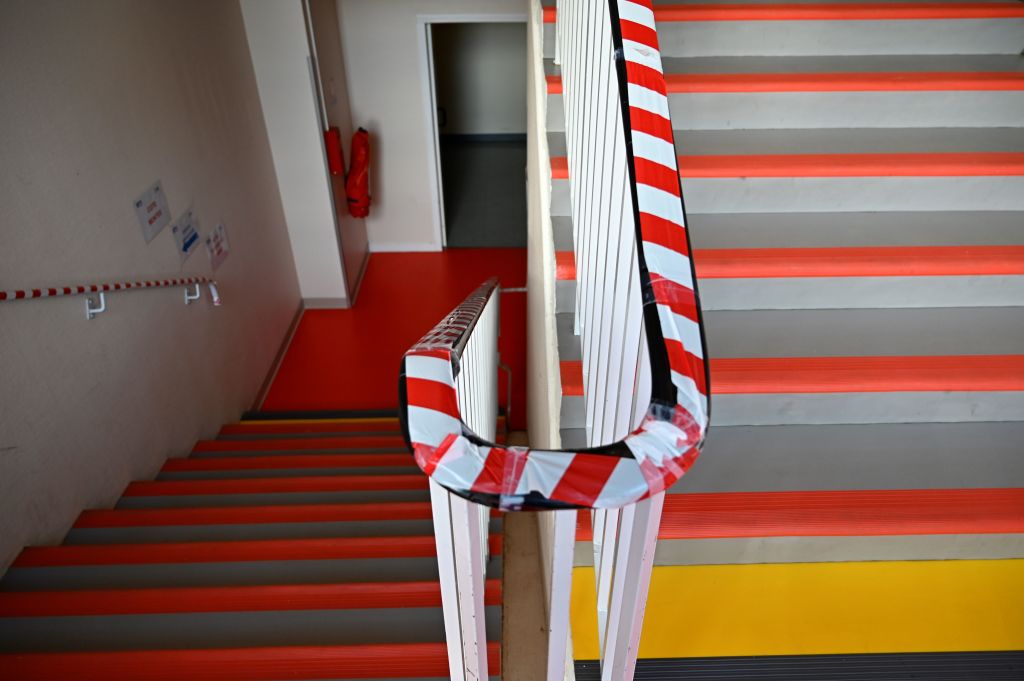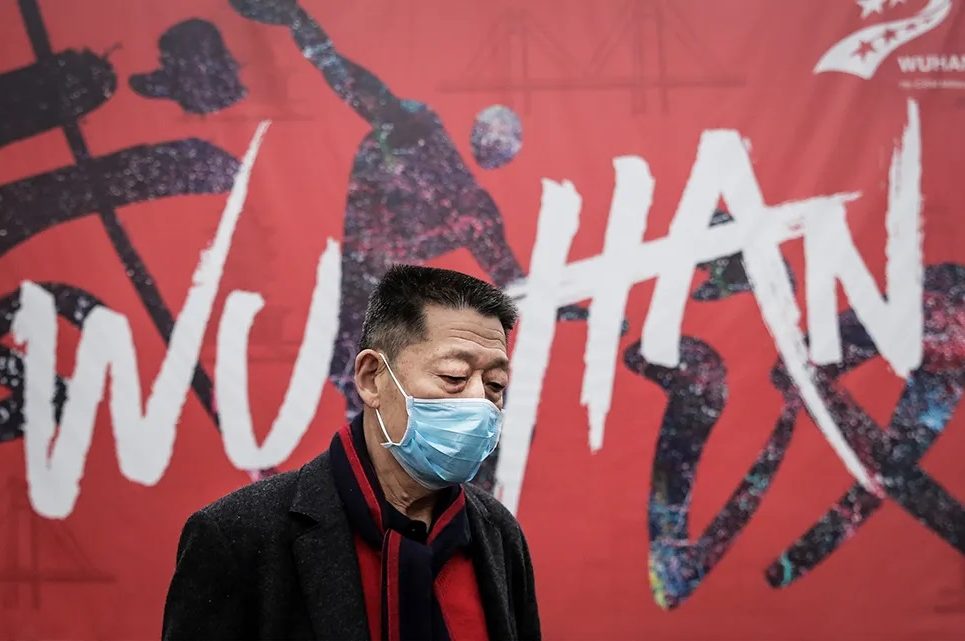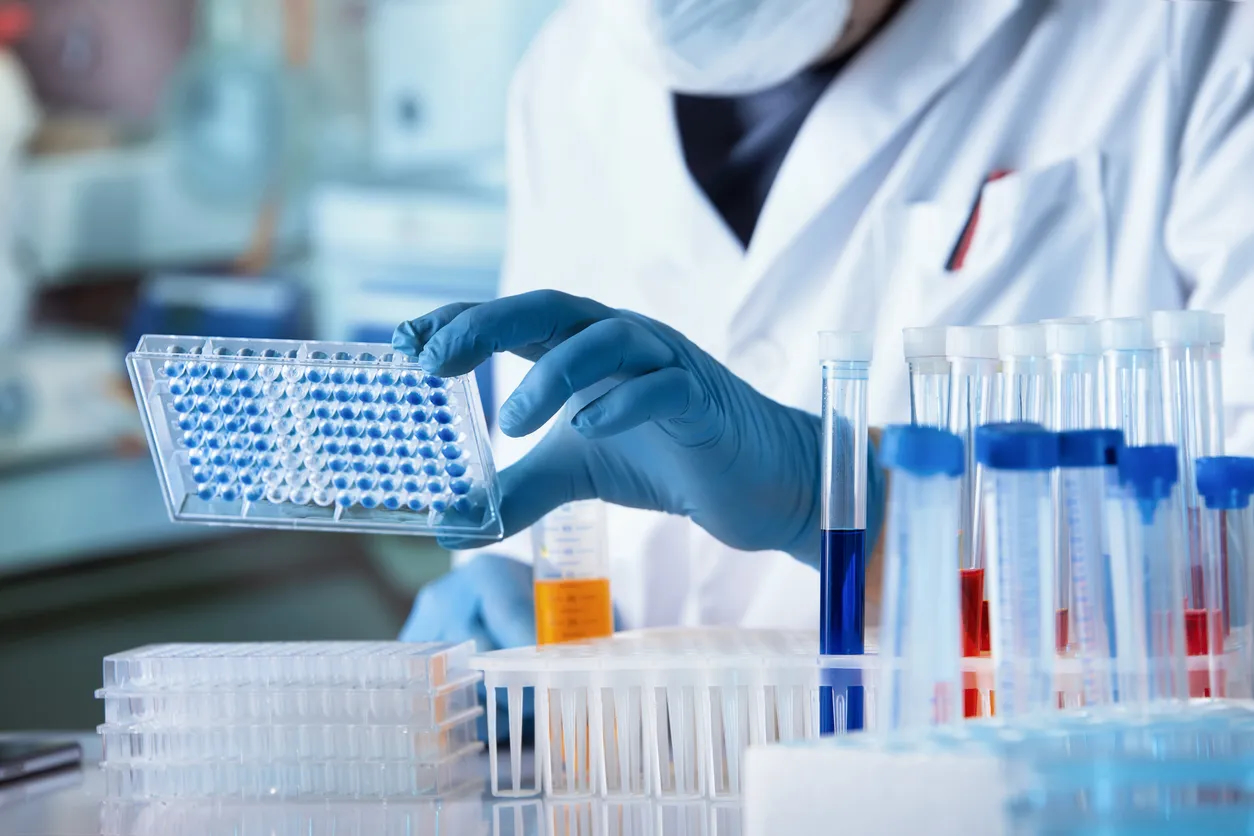Fall Newsletter
Our Director, Eustace Stockstill, introduces the Fall issue.
Dear fellow Soterians,
I have tremendous news to share with you. Our membership drive during the last six months has been successful beyond our most imprudent hopes! Even now we can hardly believe it. The number of our members has increased by a power of seven! That’s a power, not a multiplier: we have doubled our membership seven times since March!
I’m sure old members will remember the hurtful article a year ago in the Daily Gaslighter that dismissed us as cranks, mocking us as nothing but a tiny group of English eccentrics. Now we are having the laugh on them! Now we have 10 times more members than they have subscribers, and our influence is growing daily.
Of course we’ve been given a tremendous boost by the Great COVID Plague. But I can report without undue modesty that we in the Society’s leadership have taken full advantage of this gift from our tutelary deity, Hygeia. The avalanche of new membership fees has allowed us greatly to expand our media and political activities and to conduct, for the first time, scientific surveys of public opinion on risk avoidance.
As Bill Matrix reports elsewhere in this issue, our new survey, Public Risk Sensitivity (PRS), has shown immense improvement in public awareness of risk in the last six months. For our new members, let me explain that the ‘old normal,’ pre-COVID risk sensitivity indicated that most people, upwards of 90 percent, would only alter their behavior if their risk of an adverse outcome rose into the range of 1/1000 to 1/100 per year. We call that millenary risk sensitivity.
The survey of 4,500 adults conducted on July 27-31 by Bill’s team showed that fully two-thirds of the population — and the most highly-educated portion at that — now falls into the decemillenary (1/1000-10,000) range. Fully half again of the decemillenaries are also centemillenaries (1/10,000-1/100,000). Lockdown is working on the mind as well as the body!
Furthermore, our survey shows that, thanks to responsible selection of data by the press, the number of people who can distinguish absolute from relative risk has actually declined! Our efforts to raise awareness have led the British to believe that 7 percent of Britons have died from coronavirus. Americans are even more aware, estimating that the virus has killed 9 percent of their compatriots. Even if these judgments are faulty in a merely arithmetical sense, they surely serve the higher truth to which our Society is dedicated, that no risk is really tolerable. Our Society can congratulate itself for its part in creating this new and better form of rational ignorance. From now on, we and our cooperating scientists will get to decide what it is rational not to know. Who says that innumeracy can’t benefit society?
In ‘Keeping up Appearances: A Report from our Media Department’, Wilma Keening describes how lockdowns in the USA have been sustained by the political situation during this election year. We have encouraged our media partners to believe that rigorous measures will undermine the re-election prospects of Donald Trump. That phrase ‘Trump’s Katrina’ has worked magic!
‘A Catch-22 in COVID-19’ by Vilfredo Vigliacco discusses the worrying tendency of risk-sensitivity to decrease as economic life contracts. The sacrifices necessary for risk-free life have the unfortunate effect of reducing quality of life and personal income, especially at the bottom of society. Poverty and unemployment, in turn, have the unfortunate effect of making the working classes less risk-sensitive. Fortunately, the indigent don’t make the decisions in our societies, but they do vote. Vilfredo offers some strategies for keeping the newly impoverished from losing their commitment to lockdowns.
In ‘The costs of risk-free life,’ Wilbur Boltlatch describes the enormous success our political action group has had in transferring the costs of risk-free life to the government. As all economists know, if you subsidize something, you get more of it, and we can’t have too little risk-avoidance.
Finally, a response to you, dear readers! Many of our new members have expressed surprise and delight at the extraordinary array of resources SER offers to the risk-sensitive community. At the same time, many say they are intimidated by the enormous length and technical detail of our reports. So beginning with this newsletter, I will be including at the end of my letter a few simple FAQs for those of you too busy Zooming to study the full reports. It should be a sobering thought for Society members that all of the activities described below carry more risk of death for school-age children than COVID-19.
Be well, and keep your distance!
[signed in his absence]
Eustace Stockstill
Director and Supreme Soterian
*
FAQs for FALL
How can I avoid the risks of drowning while swimming?
Recommendation: if you must swim, always wear a life vest, face mask and snorkel. This can interfere with swimming laps and draw comment at your local swimming club (assuming they reopen after a coronavirus vaccine is available) but your health is more important!
SER best practice: don’t swim at all. In fact, try not to go near bodies of water larger than a bathtub. Avoid hot tubs, especially if you are very short or have trouble maintaining your balance.
Pro-action: organize your fellow zero-risk activists to complain to pool operators about persons insensitive to your need for complete safety. Demand that the your health club or swimming pool have two trained lifeguards on duty at all time. Lobby local officials to fence off all ponds and lakes where people might swim unsupervised.
How can I avoid the risk of being injured in an automobile or, more generally, when moving from one place to another?
Recommendation: if you absolutely must drive, take only back roads and do not exceed the speed of 15 mph whatever the legal limit might be. On single lane highways, be considerate of others. Never pull over to let another car pass. Use your car to ensure that others travel at a safe speed behind you.
SER best practice: don’t drive or allow yourself to be driven in an automobile at all. Bike-riding isn’t safe either, so it’s best to take walking exercise inside your house, avoiding stairs, loose carpets and damp floors.
Pro-action: call upon your community to stay indoors, in bed or in a chair, until the government responds with appropriate safeguards, such as walking trails with handrails and first-aid kits at 100 meter intervals.
How can I avoid the risk of being struck by lightning?
Recommendations: if you must move from one structure to another, make sure the new structure is adequately grounded. Get confirmation from the owner or manager of the structure that it meets SER grounding standards (see Brochure 2019.4, pages 419-660). Always carry a personal grounding system with weather alerts. Also carry SER’s ID disk, so that, if necessary, the charred remains of your body can be identified. You can purchase both devices at attractive prices from our website.
SER best practice: make sure your home is grounded in accordance with SER standards and don’t go out. Ever.
Activism: lobby your local government to take measures against bad weather. The Beijing Weather Modification Bureau can be cited as a model. Support our affiliate, Lightning_Lockdown.org. The threat of lightning must be totally eradicated before schools and businesses can reopen. We’re all in this together!
*
In the Winter issue:
‘Skiaphobia or Skialogia? Why it may be Rational to be Afraid of your Own Shadow,’ by Dr Phoebe Snaggle.
‘Poetry of the Lockdown Life,’ by Sebastian Shrovetide.
[special_offer]
[Advertisement]
Support our Sponsors!
Happy Endings™
Like SER, Happy Endings™ encourages everyone to work proactively to eliminate all the risks of human life. But we know that there can come a time when that riskiest of all conditions — life itself — becomes impossible to bear. We can arrange min-risk transportation to the Netherlands (for UK members) or Canada (for US citizens) where you will be welcomed in comfortable facilities and offered a variety of pain-free options for reducing to zero those last remaining risks of life. Special low rates for SER members!

























